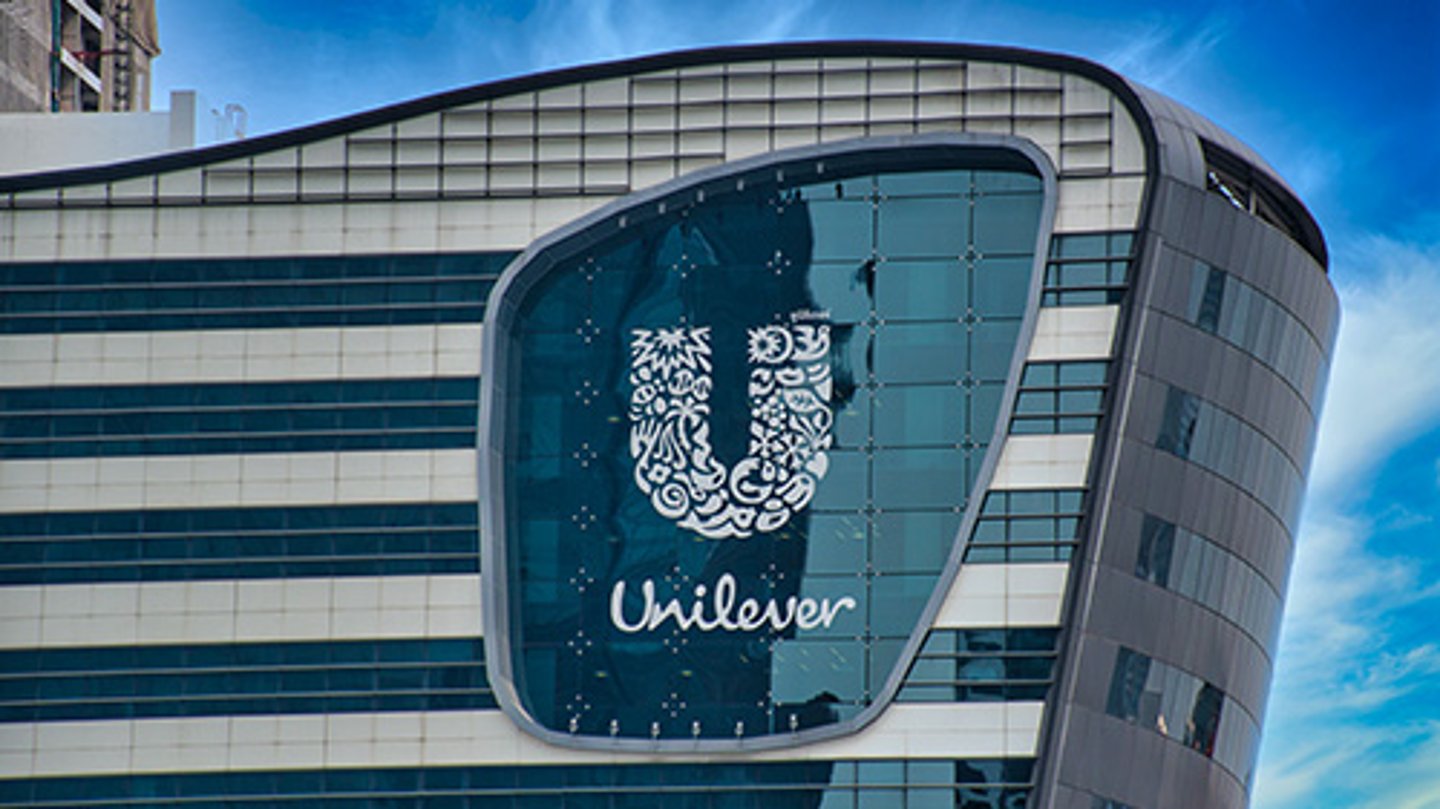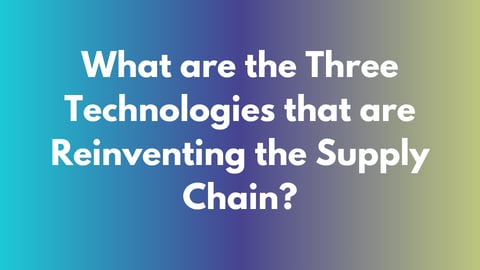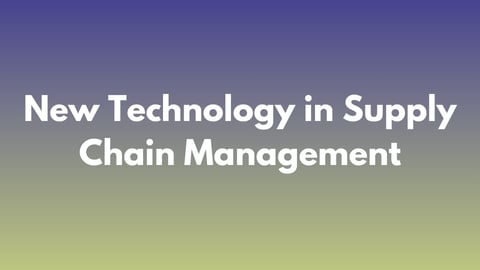How Unilever’s Blockchain Pilot Will Scale Palm Oil Traceability
Unilever has kicked off a new blockchain pilot to further increase traceability and transparency in its global palm oil supply chain, particularly in that crucial first mile.
With 90% of the world’s raw materials traded in bulk, the high potential of verified materials mixing with unverified ones throughout the supply chain means that information is often hidden or lost, Andrew Wilcox, Unilever senior manager, sustainable sourcing and digital programs, told CGT.
To reduce this risk, the CPG sought a technology that could both capture commodity info — including the conditions in which they’re produced and the levels of biodiversity in the area — and pass the details through the supply chain and at scale.
[See also: Mondelez Piloting Triscuit Traceability Mobile Experience]
The No. 4 consumer goods company, which has committed to eliminating deforestation within its supply chain by next year, also wanted the technology to complement its existing supply chain solutions, and so it first teamed with GreenToken by SAP for a proof of concept in Indonesia to source more than 188,000 tons of oil palm fruit.
As part of this, Unilever suppliers created tokens mirroring the flow of the palm oil through the supply chain and captured the unique attributes of the oil’s origin. By doing so, Unilever can identify the percentage of palm oil products they purchased from a sustainable origin and track it to the end consumer product.
It can also leverage its existing transaction systems to build a fully traceable supply chain without adding significant additional time and effort, said Wilcox.
In addition to industry collaboration, achieving full traceability will also require the integration of other tech solutions, he noted, such as monitoring the origins of palm oil with satellite data or tracking the movement of crops in the first mile of the supply chain through anonymized device geolocation data. As a result, Unilever is working with a number of partners to develop a suite of solutions that leverage satellite imaging, artificial intelligence, blockchain and geo-location data to increase supply chain visibility, including Google, Descartes Labs, Orbital Insight, NGIS, and Premise.
These partnerships are increasing transparency into where crops are grown and first processed, and the GreenToken pilot is expected to be complementary. A clear view of this first mile is crucial as it’s where the greatest deforestation risk lies, said Wilcox.
“It gives us the potential to capture and transfer data about the commodity, including the first-mile data about the crops, such as location and conditions under which they were grown or harvested,” said Wilcox. “This makes providing additional transparency to the movement of the commodity and visibility of its unique attributes — which is not available in the status quo — a real possibility.”
[See where Unilever sits on the ‘Most Sustainable’ Ranking]
In partnering, Unilever is developing a data ecosystem for key stakeholders to unite around the data identifying forests, crops, people, and ecosystem locations and how they’ve changed, as well as predict where forests might be at risk of deforestation in order to take proactive and preventive measures.
By detecting issues within the supply chain more quickly, they’ll be able to take further protective actions, Wilcox said.
Looking ahead, Unilever seeks to make sustainability data — and the technology used to gather and analyze it — commonplace. This will mean identifying sustainability technology that’s tailored for specific uses, accessible, inclusive, easy to adopt, and easily scalable.
“As our data ecosystem is updated and becomes richer, we get an increasingly clearer idea of the finer details of our sourcing supply chain and actions we can take to help protect and regenerate nature,” noted Wilcox.






